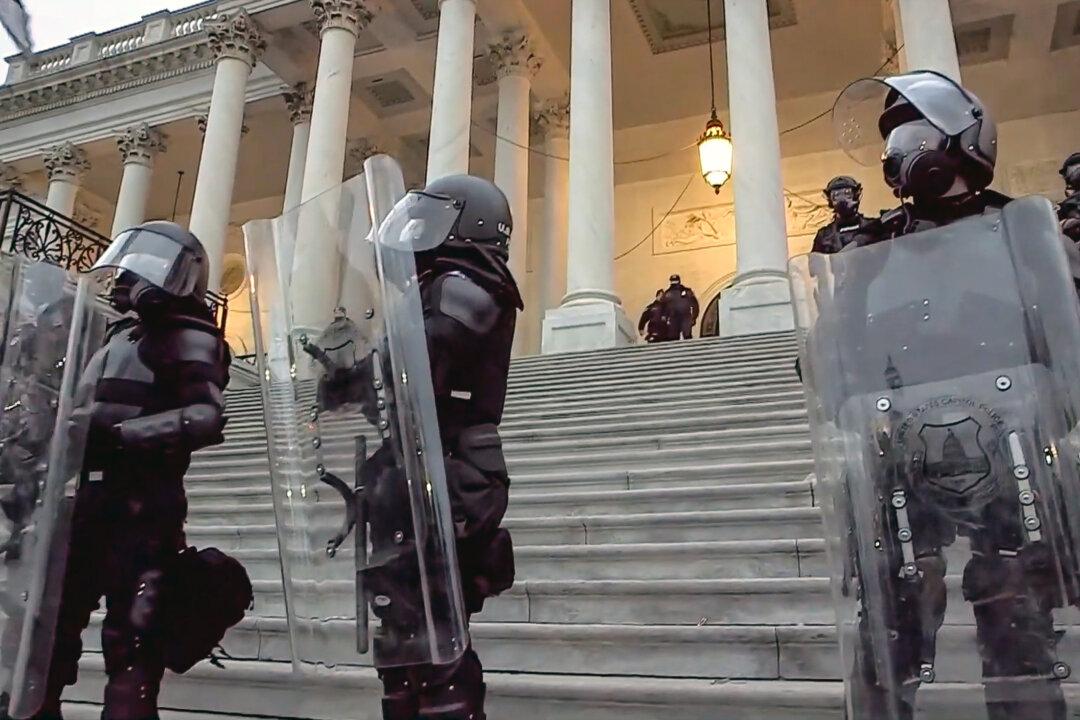Several U.S. Capitol Police whistleblowers have exposed what they call intelligence failures leading up to the events of Jan. 6, 2021, and problems in the law enforcement agency’s command structure, an Illinois congressman said.
Rep. Rodney Davis (R-Ill.), the ranking member of the Committee on House Administration, said whistleblower testimony speaks directly to the need to reform the $460 million police agency with some 2,300 employees.





